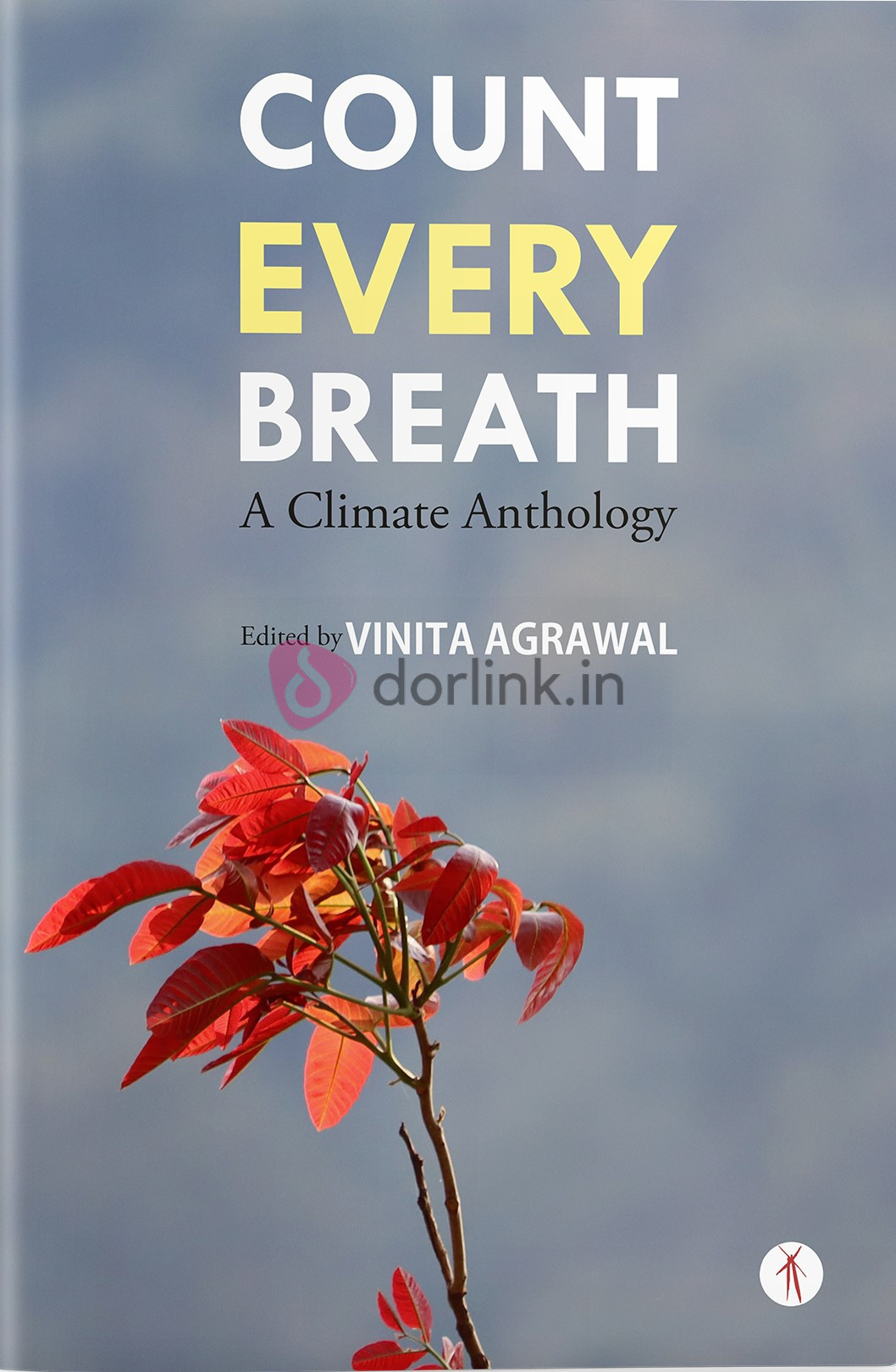Writer : Vinita Agrawal
Edited By : NA
Compiled By : NA
Translated By : NA
Publishers : Hawakal Publisher (Shambhabi - Third Eye Imprints)
- Shipping Time : 10 Days
- Policy : Return/Cancellation?
You can return physically damaged products or wrong items delivered within 24 hours with photo/video proof.
Contact Customer Support for return initiation and receive return authorization via email. Securely package for return.
Refunds for eligible returns are processed within 7-10 business days via Bank Transfer.
Order cancellation allowed within 24 hours of placing it. Standard policy not applicable for undamaged/wrong product cases. Detailed info. - Genre : Literature>Anthology/Compilation
- Publication Year : 2023
- ISBN No : 978-93-91431-97-6
- Binding : Paper Back
- Pages : 120
- Weight : 350 gms
- Height x Width x Depth : x5.5x0.5 Inch
If so, it will be notified
About the Book
Count Every Breath – A Poetic Petition for a Dying Planet
Count Every Breath, edited by Vinita Agrawal, is a haunting and urgent anthology that captures the collective conscience of poets grappling with the environmental catastrophe of our age. When birdsong is lost to sirens and winds are silenced by smoke, these poems emerge as sharp, unflinching testimonies to a planet in peril.
With each line, the poets reckon with guilt, grief, and the fading pulse of nature. Yet, amid the devastation, a quiet, persistent hope resounds—a hope for redemption, for awakening, for action. The anthology’s lyrical honesty and sculpted precision resist sentimentality, offering instead a stark beauty that demands engagement.
These verses form a collective confession and a clarion call, a courtroom plea to readers and policymakers alike: to protect what still breathes, to mourn what is lost, and to act before it is too late. In this symphony of ecological elegy and resistance, poetry becomes both diagnosis and remedy, refusing to look away.

